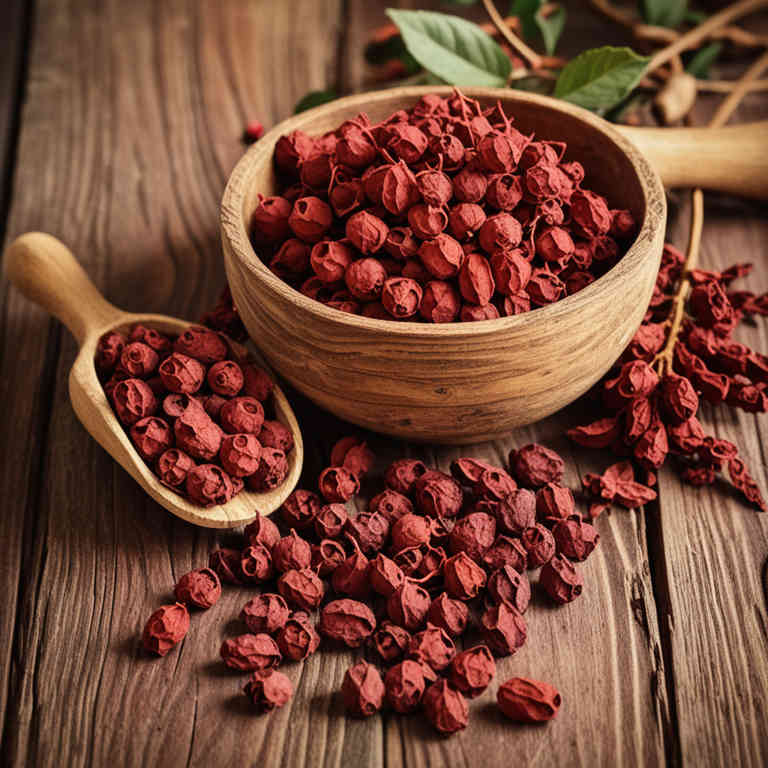10 Best Schisandra Chinensis Preparations
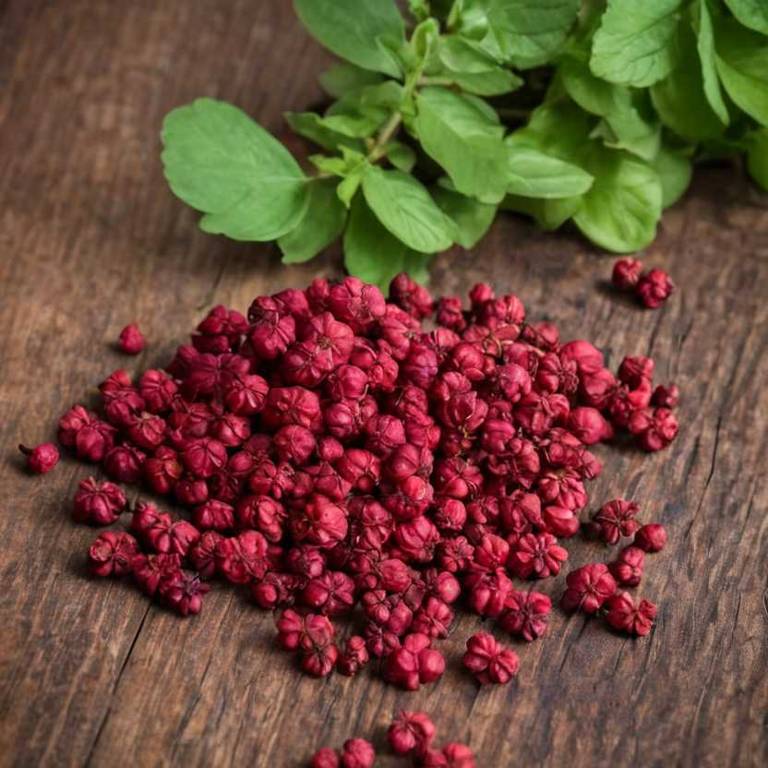
The best medicinal preparations of Schisandra chinensis are teas, tinctures, decoctions, capsules, and syrups, each offering unique benefits for traditional and modern health practices.
Teas made from dried berries are commonly consumed to enhance mental clarity and support digestive health.
Tinctures provide a concentrated form, often used for its adaptogenic properties to reduce stress and fatigue.
Decoctions involve simmering the berries to extract their active compounds, beneficial for respiratory and immune support.
Capsules and syrups offer convenient and standardized dosing, making them popular for daily supplementation and therapeutic use.
Below there's a list of the 10 best herbal preparations of schisandra chinensis for medicinal purposes.
- 1. Teas
- 2. Tinctures
- 3. Decoctions
- 4. Capsules
- 5. Syrups
- 6. Linctuses
- 7. Lozenges
- 8. Oils
- 9. Creams
- 10. Mucillages
1. Teas
Schisandra chinensis teas is commonly used to support liver function, enhance mental clarity, and reduce stress.
This herbal preparation is often employed to treat ailments such as fatigue, insomnia, digestive issues, and respiratory conditions. The most common medicinal uses include improving cognitive function, boosting energy levels, and promoting detoxification. The bioactive constituents responsible for these effects include lignans, such as schisandrin A and B, which have antioxidant and anti-inflammatory properties.
Additionally, the tea contains vitamin C, flavonoids, and essential oils that contribute to its therapeutic benefits.
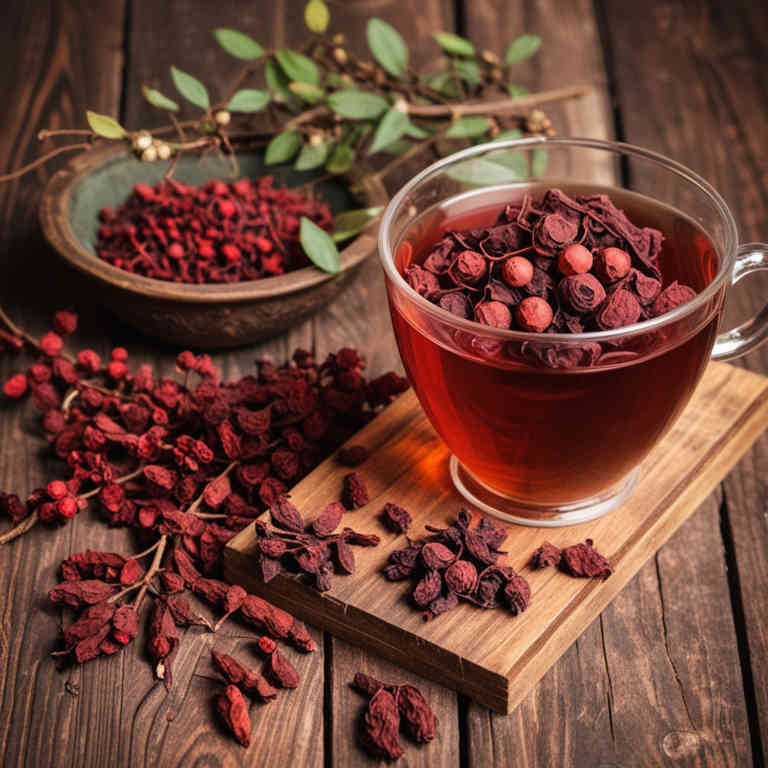
2. Tinctures
Schisandra chinensis tinctures is commonly used to support liver function, enhance mental clarity, and promote overall vitality.
These tinctures are often employed to treat ailments such as fatigue, insomnia, digestive issues, and stress-related disorders. The bioactive constituents responsible for these effects include lignans, such as schisandrin and deoxyschisandrin, which have antioxidant, anti-inflammatory, and hepatoprotective properties. Additionally, the tinctures contain vitamins, organic acids, and essential oils that contribute to their therapeutic benefits.
Schisandra chinensis tinctures are valued for their adaptogenic qualities, helping the body resist stress and maintain balance.
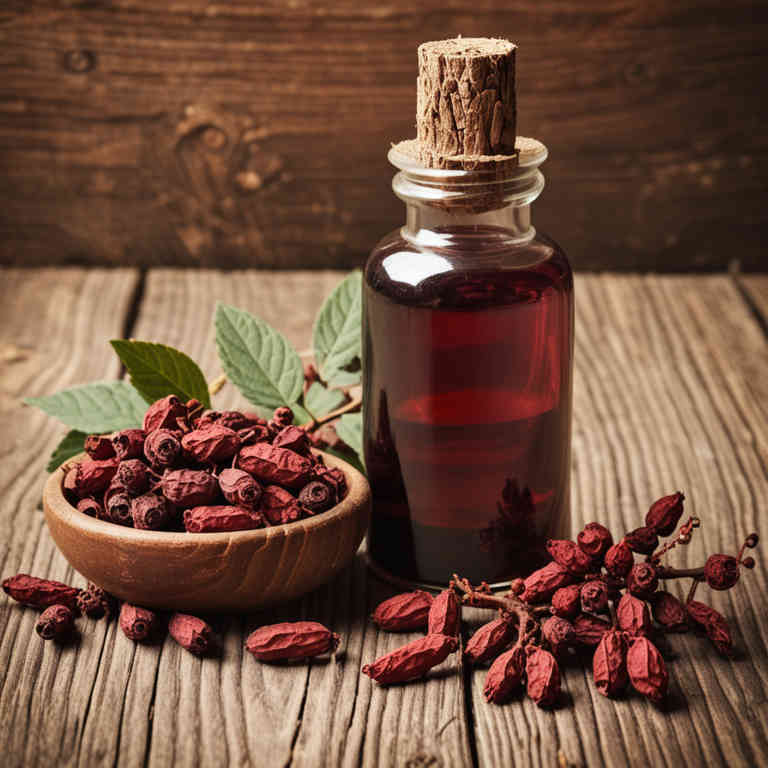
3. Decoctions
Schisandra chinensis decoctions is commonly used to support liver function, enhance mental clarity, and promote overall vitality.
These decoctions are traditionally used to treat ailments such as fatigue, stress-related disorders, and digestive issues. The bioactive constituents responsible for its medicinal properties include lignans, such as schisandrin and deoxyschisandrin, which have antioxidant, anti-inflammatory, and hepatoprotective effects. Additionally, the decoctions contain volatile oils and polyphenols that contribute to its adaptogenic and neuroprotective properties.
Schisandra chinensis decoctions are also valued for their ability to improve respiratory health and support immune function.
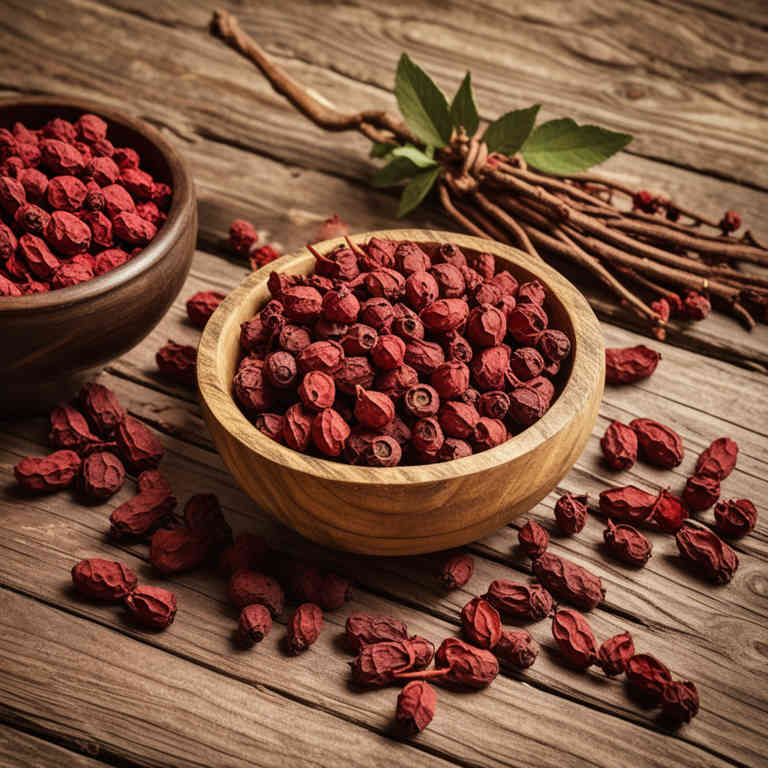
4. Capsules
Schisandra chinensis capsules is commonly used to support liver function, enhance mental clarity, and improve physical endurance.
They are frequently prescribed for ailments such as fatigue, stress-related disorders, and digestive issues. The capsules are also used in traditional medicine to treat respiratory conditions and promote overall vitality. The bioactive constituents responsible for these effects include lignans, such as schisandrin and dehydroshisandrin, which have antioxidant and anti-inflammatory properties.
Additionally, the presence of flavonoids and essential oils contributes to its therapeutic benefits.
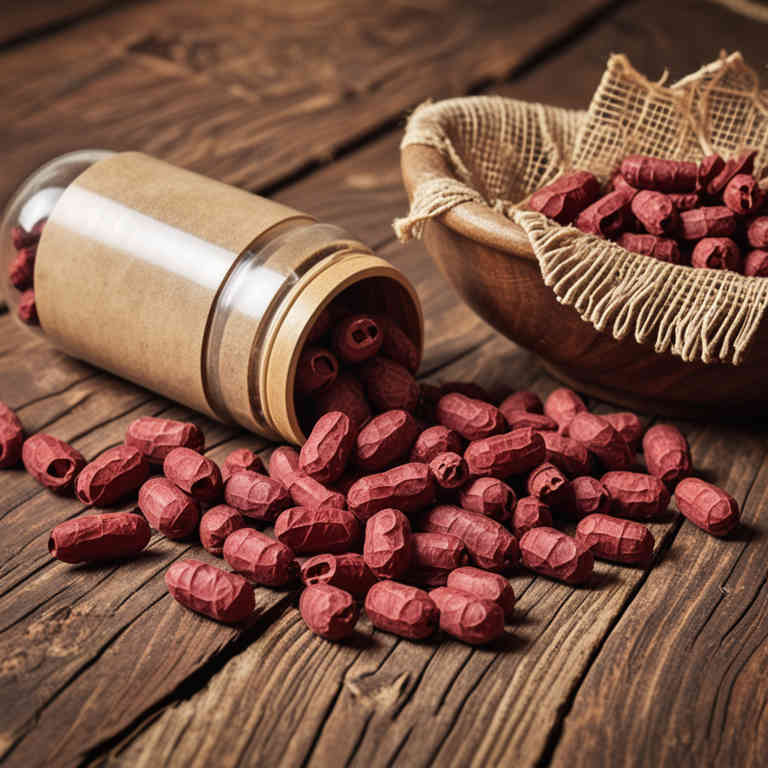
5. Syrups
Schisandra chinensis syrups is commonly used to support liver function, enhance mental clarity, and reduce stress.
This herbal preparation is often used to treat ailments such as fatigue, insomnia, and digestive issues. It is also valued for its potential to improve respiratory health and boost the immune system. The bioactive constituents responsible for these effects include lignans, such as schisandrin and dehydrodavitiamine, which have antioxidant and anti-inflammatory properties.
Additionally, the presence of vitamins, minerals, and flavonoids contributes to its overall medicinal value.
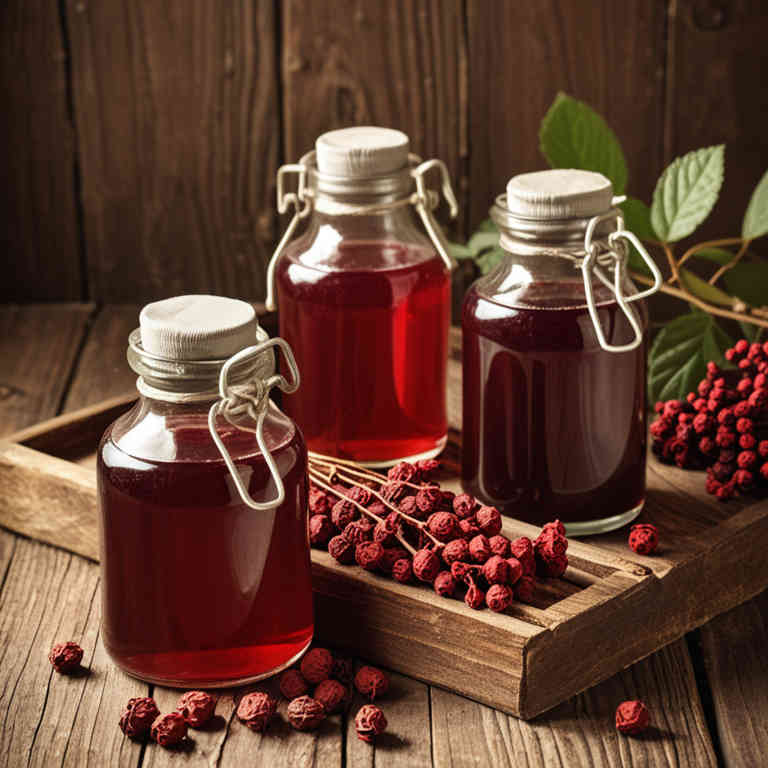
6. Linctuses
Schisandra chinensis linctuses is commonly used to treat respiratory conditions such as coughs, bronchitis, and asthma due to its expectorant and antitussive properties.
This herbal preparation is also used to alleviate symptoms of fatigue, enhance mental clarity, and support liver function. The most common medicinal uses include treating respiratory ailments, improving cognitive function, and supporting detoxification processes in the body. The bioactive constituents responsible for these effects include lignans, such as schisandrin and deoxyschisandrin, which have antioxidant, anti-inflammatory, and hepatoprotective properties.
Additionally, the presence of volatile oils and phenolic compounds contributes to its therapeutic benefits.
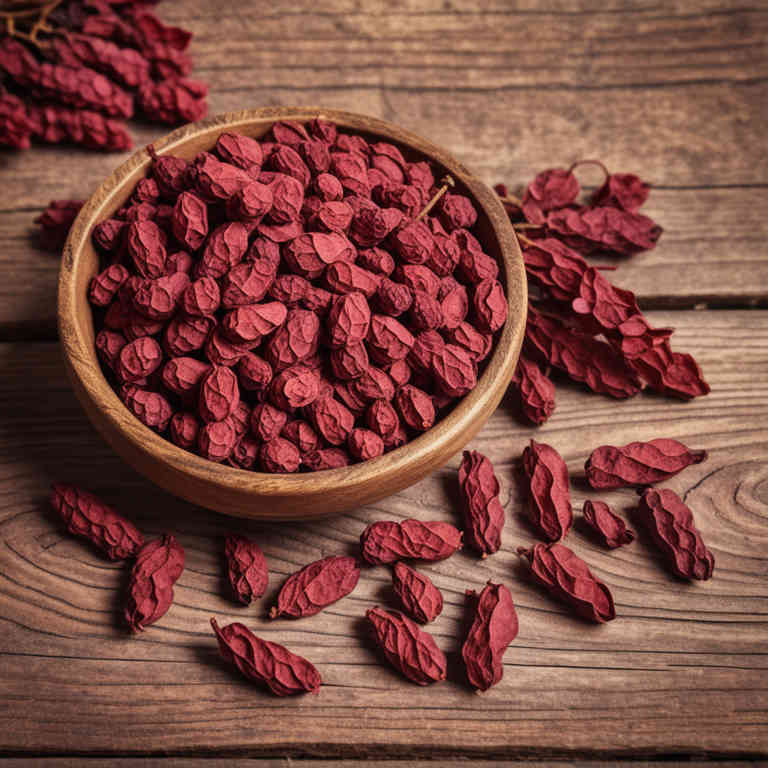
7. Lozenges
Schisandra chinensis lozenges is commonly used to support respiratory health, enhance mental clarity, and promote overall vitality.
These lozenges are often employed to treat ailments such as coughs, sore throats, and fatigue due to their soothing and energizing properties. The bioactive constituents responsible for these effects include lignans, such as schisandrin and deoxyschisandrin, which have antioxidant, anti-inflammatory, and adaptogenic qualities. Additionally, the lozenges may contain volatile oils and flavonoids that contribute to their therapeutic benefits.
Schisandra chinensis lozenges are also believed to aid in stress management and improve liver function.
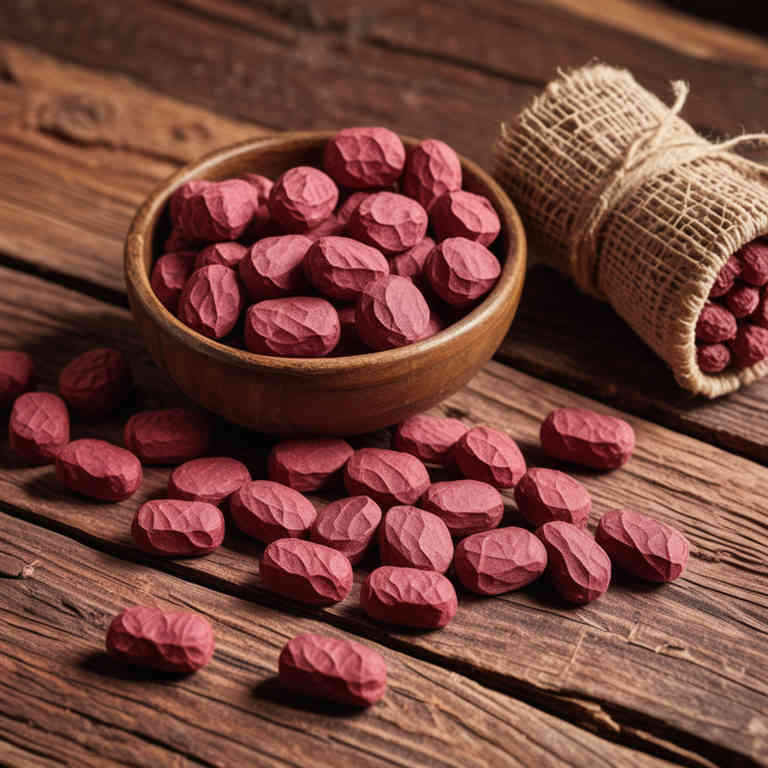
8. Oils
Schisandra chinensis oils is commonly used to support liver function, enhance mental clarity, and promote respiratory health.
This herbal preparation is often employed to treat ailments such as fatigue, digestive issues, and chronic respiratory conditions. The bioactive constituents responsible for its medicinal properties include lignans, flavonoids, and essential oils, which possess antioxidant, anti-inflammatory, and hepatoprotective effects. These compounds work synergistically to support detoxification processes and improve overall vitality.
Schisandra chinensis oils is also valued for its adaptogenic qualities, helping the body manage stress and maintain balance.

9. Creams
Schisandra chinensis creams is commonly used to support skin health, reduce inflammation, and promote wound healing.
These creams are often applied topically to treat conditions such as eczema, psoriasis, and minor skin irritations. The medicinal properties of Schisandra chinensis are attributed to bioactive constituents like lignans, which have antioxidant and anti-inflammatory effects. Additionally, the presence of flavonoids and essential oils contributes to its therapeutic benefits.
This herbal preparation is also believed to enhance skin regeneration and provide a protective barrier against environmental stressors.
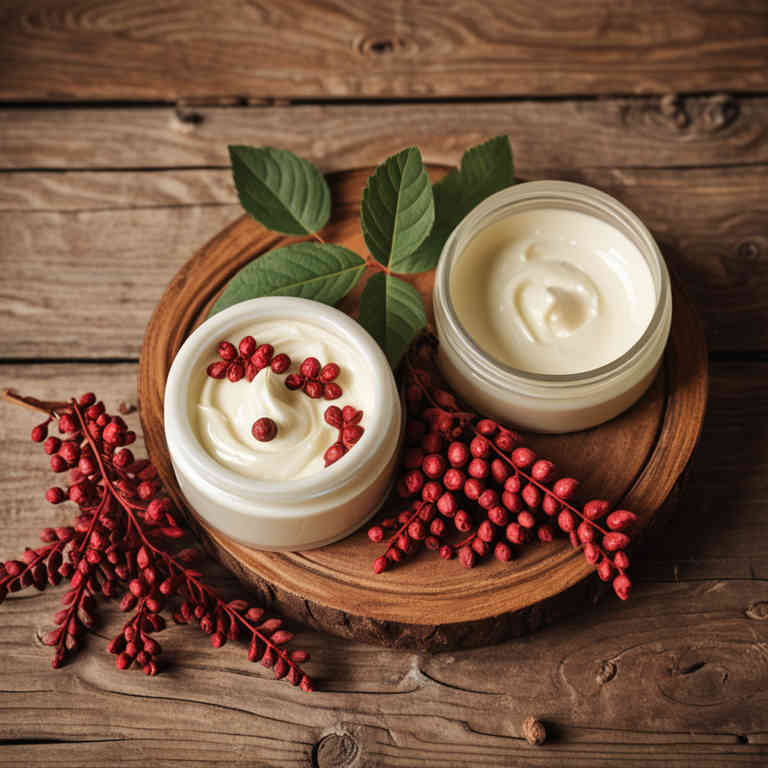
10. Mucillages
Schisandra chinensis mucillages is commonly used to support liver function, enhance mental clarity, and promote respiratory health.
This herbal preparation is traditionally used to treat ailments such as fatigue, digestive issues, and respiratory infections. It is also believed to aid in stress relief and improve overall vitality. The bioactive constituents responsible for its medicinal properties include lignans, such as schisandrin and dehydroshisandrin, which have antioxidant and anti-inflammatory effects.
Additionally, mucilage content provides soothing and protective properties for the digestive and respiratory tracts.
